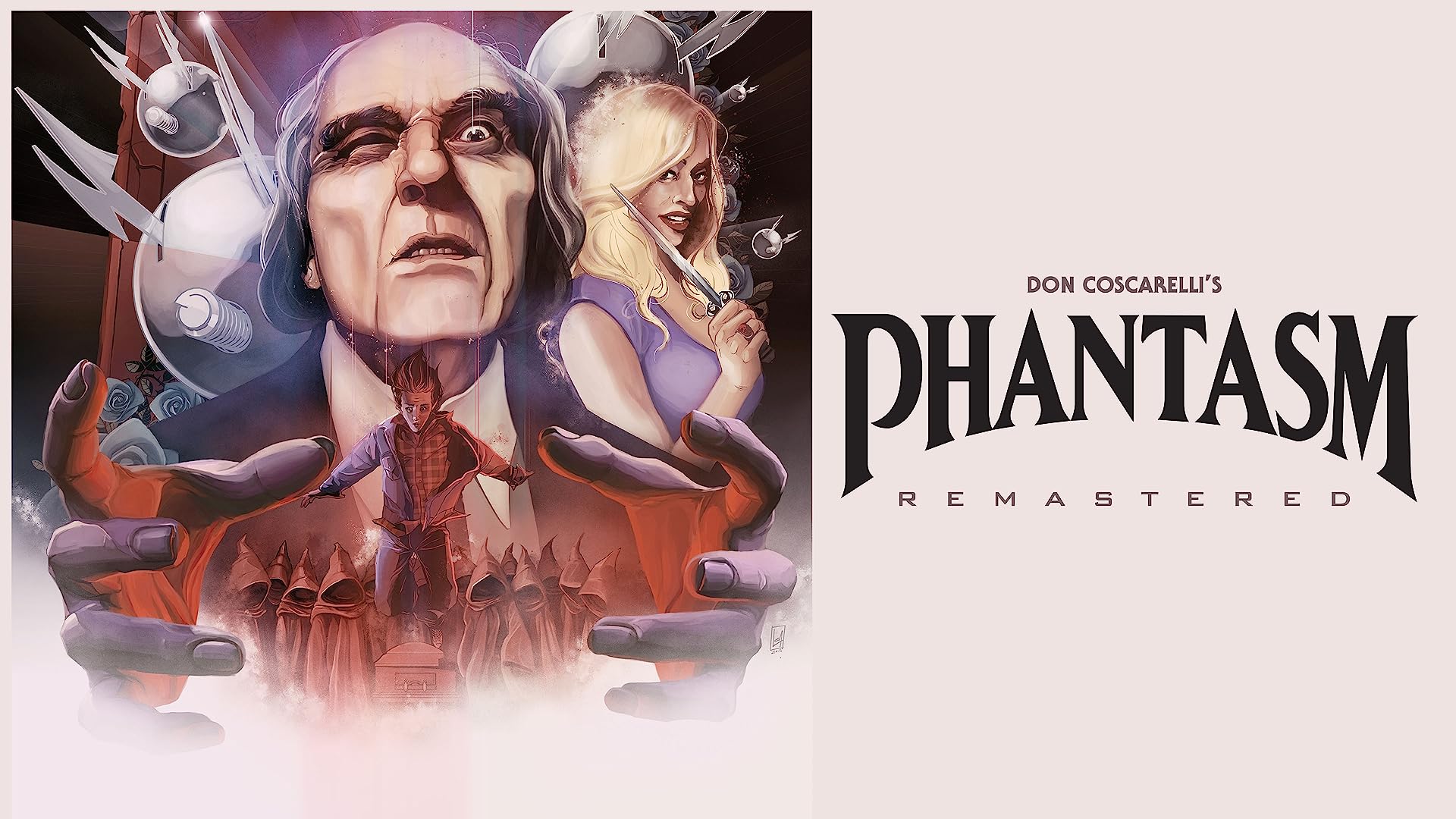The Academy Awards receive a lot of criticism and stigma in regards to elitism and exclusivity for what they nominate and subsequently award at the coveted Oscar ceremony. Whether it is a fantastic How to Train Your Dragon film losing out on Best Animation (again!) or something more significant like how women are represented in the industry, the Oscars oftentimes receive the lion’s share when it comes to award show related criticism. This year was no different as far as controversy’s concerned, although, something significant did happen as far as inclusion is concerned – Parasite became the first non-English film to receive an Academy Award for Best Picture. Not only that, but Parasite stands proudly as not only the first South Korean film to receive Academy recognition, but came home with more accolades as well – like Best Foreign Language film and Best Director. As of now, the film has received critical acclaim from critics, heralding it as one of the best South Korean films ever made, and it has grossed nearly 200 million worldwide. The film has clearly captured the zeitgeist, so to speak, and while many of us here at Readers Digested already coveted South Korean cinema, it begs to ask whether or not the film is on-par with the reception it has received.
Personally, although I don’t necessarily invest a lot of credibility in the Academy Awards, I do have a level of admiration for them. They may turn a blind-eye to any and all merit had by mainstream blockbusters and they may shun every genre film (I particularly enjoyed Jordan Peele’s Us this year), but they can offer a spotlight for films that otherwise might not turn heads the way more popular films may. Parasite isn’t the type of film often recognized by the Academy, but it is a prime example of bringing attention to a film that might go overlooked. I thoroughly enjoy South Korean films and they have been something I have been wanting to further pursue and discuss on Readers Digested, but it is only by happenstance I even owned a copy of Parasite, and had I not heard all the buzz about it, it might have taken me a while to sit down and watch it.
I went into this film blind, with little to no concrete information regarding its story-line and I think, really, that holds a lot of the film’s charm. In a short description – Parasite follows a poor family who hatch this scheme to become employed by a wealthy family. Their approach is very Frank Abagnale (the real-life person that Catch Me If You Can is based on), presenting themselves as if they are highly qualified for the jobs they’re seeking employment on, despite the fact they are completely full of it.
The film is directed by Bong Joon-ho, a director I am familiar with, but not incredibly so. I know of movies like Snowpiercer and Okja, but I haven’t seen them. The only film I had to go on was his directorial contribution for the critically acclaimed Monster movie The Host, which I had seen, but didn’t leave an impression on me the way I would like. The film was written by Bong Joon-ho and Han Jin-won and stars a cast comprised of Song Kang-ho, Lee Sun-kyun, Cho Yeo-jeong, Choi Woo-shik and Park So-dam. Of those, the name that stuck out to me most was Song Kang-ho, as I had seen him in many Park Chan-wook movies like the Vengeance Trilogy and Thirst.
Parasite is a very watchable film, in-fact, something I think worth establishing off-the-bat is exactly how watchable it is. Even though I love something like Oldboy or I Saw the Devil and their harrowing execution, I can understand it may not be everyone else’s cup of tea. Parasite’s characters are, on some level, easy to insert oneself into. The main-cast, comprised of a mother and father and their son and daughter, have been dealt hard times to say the least. I think many of us can relate to that.
Obviously, I hope none of us are in a situation as harsh or extreme as portrayed, but I think the characters are very easy to empathize with. They live in a small semi-basement apartment that is a hangout for drunkards looking for somewhere to piss at. The family’s biggest crime in the movie is wanting more from life than the opportunities they have been given (and, you know, the other many crimes they commit).
It helps that they are likable as well. Their banter as a family feels heartfelt and sincere and, then, the dialogue throughout is filled with light-heart humor, even as it tackles very serious subjects like social inequality and class conflict. Song Kang-ho offers a downtrodden perspective on life in poverty, carrying a lot of the film’s emotion depth, whereas Choi and Park carry a charisma and confidence that is infectious with every scheme they concoct.
The film is considerate in its execution. You’re meant to feel for the poor family, but that doesn’t entail you’re necessarily meant to hate the wealthy one. They are more layered than that, like in life. Every now and again, they say something that shows their entitled or perceived betterment, which is a key point in the film, but you’re also met with what are otherwise normal, everyday people accustom to a lavish lifestyle. They aren’t evildoers donning black robes and shooting thunderbolts from their finger tips, but individuals who have a lot and feel superior to those who don’t.
The film is nicely shot, with a lot of enjoyable transitions and sly foreshadowing, of which is seems like a smorgasbord for. I found myself analyzing every shot, wondering the significance of a ketchup packet squirting or the significance of the “American Indian” wear seen in the film, and how it pertains to the story as a whole. Normally, I don’t think a film is meant to be dissected, but I found that Parasite is a film that was given enough attention to detail that you will actually find yourself discovering small details later on in retrospect, discovering the significance to lines that were smartly disguised as throwaway banter.
I highly recommend Parasite. I think this is a film you will need to see for yourself to know for certain, but I definitely believe it is deserving of the many accolades it received. It is detail-oriented, well-shot, and directed, and has a story-line both intriguing and timely, succeeding at emotional-depth without bogging itself down or ever feeling humdrum, it’s a crazy, ambitious journey of a movie, and it’s one of the best I’ve seen released in 2019.






GIPHY App Key not set. Please check settings